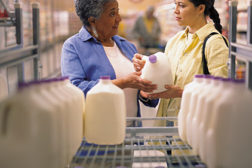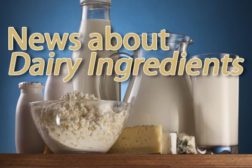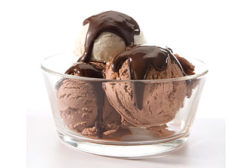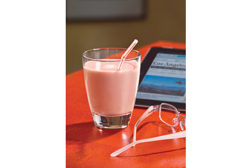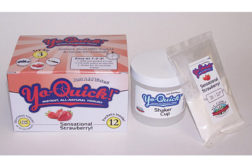Articles by Karen Giles-Smith MS, RD
Prebiotic and probiotic ingredients have the potential to improve quality and length of life.
Read More
How to formulate for a cleaner label
Consumers desire dairy products that sport a “clean” label — but clean means different things to different people. How can the dairy industry cope with this ambiguous consumer demand?
May 9, 2014
Formulating for millennials and baby boomers
But they look at food through different lenses. Millennials are all about knowing the origin of foods and eating all-natural foods. Boomers want to prevent illness and seek foods that keep them healthy and active into retirement.
April 12, 2014
Stay ahead of the curve. Unlock a dose of cutting-edge insights.
Receive our premium content directly to your inbox.
SIGN-UP TODAYCopyright ©2025. All Rights Reserved BNP Media.
Design, CMS, Hosting & Web Development :: ePublishing


